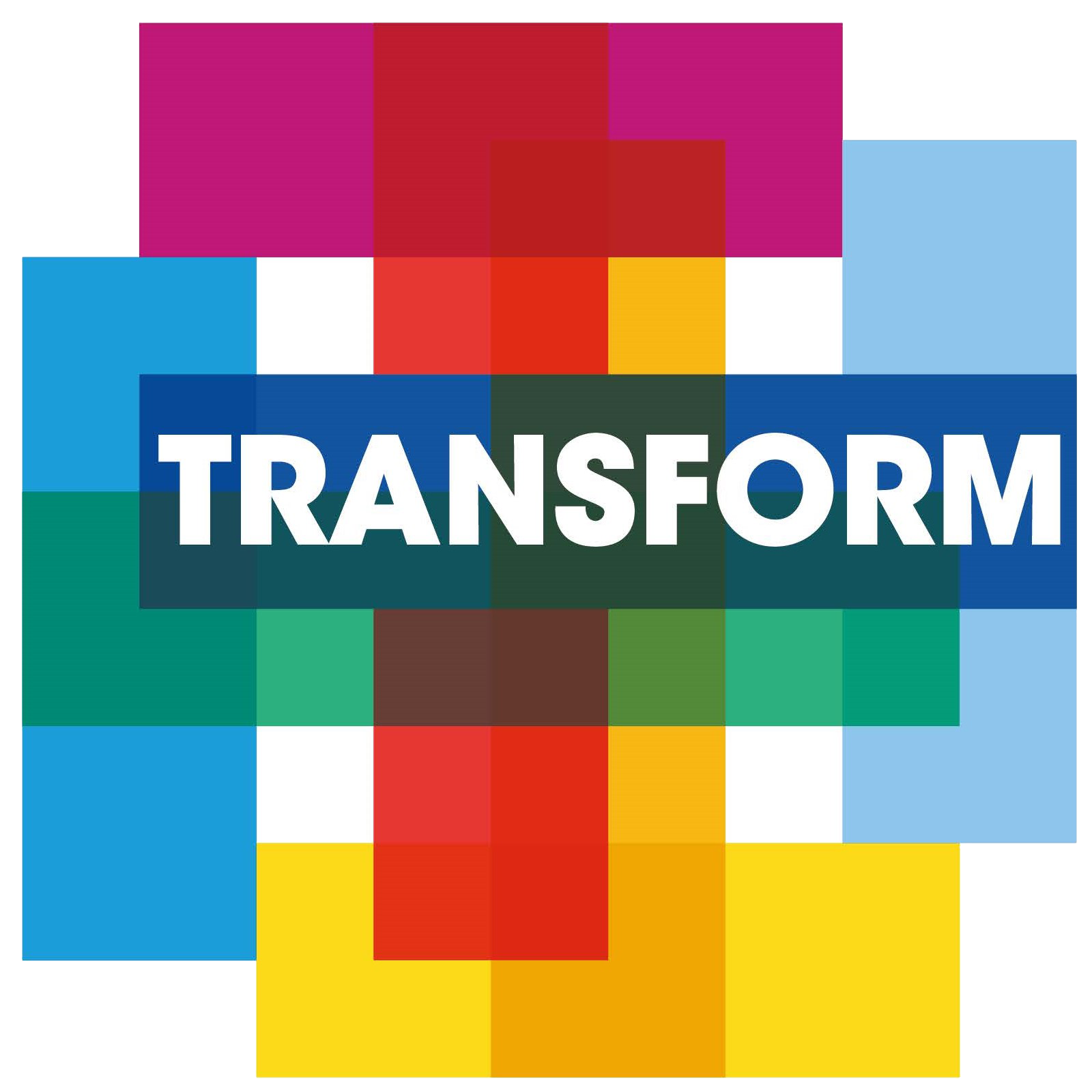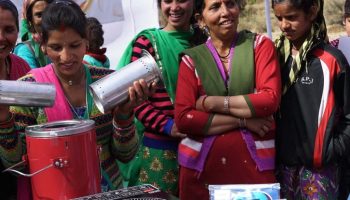‘Hasiru Dala’ means ‘the green force’ in Kannada, the official language of the state of Karnataka in Southern India. This was also the name chosen by a community of informal waste sector workers – the same community that Hasiru Dala Innovations, the social justice enterprise, works to support.
Based in Bangalore, the company is working to foster entrepreneurship and create better livelihoods for informal waste sector workers, while providing clean, responsibly sourced waste for the growing circular economy.
Here, two inspirational leaders share their perspectives on collaborating through TRANSFORM, and what a difference it has made.

Entrepreneur: Shekar Prabhakar, Co-founder and CEO of Hasiru Dala Innovations, Bangalore, India
In Bangalore, as in many Indian cities, a large informal workforce plays an essential role in the collection of plastic waste, supporting waste management services to collect recyclable materials – often plastic bottles – to then sell to recycling plants.
In 2013, I became a trustee of the Hasiru Dala social enterprise, which exists to secure social justice for and enhance the livelihoods of workers in the informal waste sector.

I can clearly recall the moment I decided to dedicate the rest of my life to social innovation, and I realised the true impact of Hasiru Dala. One of the waste workers came into the office one day with her daughters to hand out invites to their housewarming party. Through Hasiru Dala, this woman became an entrepreneur, managing a team of plastic recyclers, and as a result, had been able to build her own house. The quantum leap in the family’s lifestyle was unbelievable.
The opportunity to set up a commercial sister company to Hasiru Dala came a year later when Bangalore passed a new “extended producer responsibility” law that means all producers – like businesses, apartment blocks, colleges or hotels – pay for their own waste management. My business partner and I duly founded Hasiru Dala Innovations.
At the beginning, we managed the waste of three apartment blocks. Now, we have more than 430 bulk waste clients. Our focus is on creating better lives for informal waste sector workers. We give our workers stable jobs and fair wages. We also ensure all their children finish high school.

The funding from TRANSFORM – to which Unilever, the UK’s Foreign, Commonwealth and Development Office and EY all contributed – allowed us to expand. It helped us increase and improve our plastic collection and segregation capacities, upskill more informal waste sector workers, and invest in things like forklifts that improved efficiencies considerably.
We’re now supplying big brands with recycled plastic – such as for the packaging of Unilever’s Sunsilk hair products. Unilever buying our recycled plastic has given us additional revenue to help us stabilise this new plastics business, and also provided us with much-needed market access.

Currently, we have around 400 regular workers. In the next five years, we want to have ten times that amount. It’s all about enhancing people’s livelihoods and enabling new opportunities, while moving towards a circular economy.
‘Soon, three daughters of our workers are going to be sitting the Indian civil service exam. The idea is that we will break the cross-generational pattern and give them real opportunities in life.’

Contributing partner: Barbara Scala, Global Wall’s and Cornetto Brand Lead, Unilever
I was Unilever’s global brand director for Sunsilk when I met Shekar and got to know about Hasiru Dala Innovations. At Sunsilk, our purpose was opening up possibilities for girls everywhere. We recognised that meant opening up possibilities end-to-end, not just for consumers but also for girls in our value chain.
It was exciting to see how Sunsilk, which is a strong brand in India, could use our scale to enable Shekar to grow his business, help women and girls lift themselves from poverty, and contribute to a greener, healthier planet. I’m passionate about sustainability. Travelling to India, meeting with waste workers, seeing them in action and hearing their stories, was a game-changer.

When I introduced Shekar and Hasiru Dala Innovations to Sunsilk’s local team at Hindustan Unilever Ltd (HUL), they immediately saw the impact they could have together. While I’ve provided strategic support, colleagues from HUL have been the key people on the ground offering strategic business support and advice. It is a new way of working – bridging two different worlds.

It’s exciting for big corporations to put their capability building knowledge at the service of new, inclusive business models for people and planet. And it’s not just the right thing to do. When a large corporation and small, local entrepreneur collaborate, it can be a game changer for everyone.






